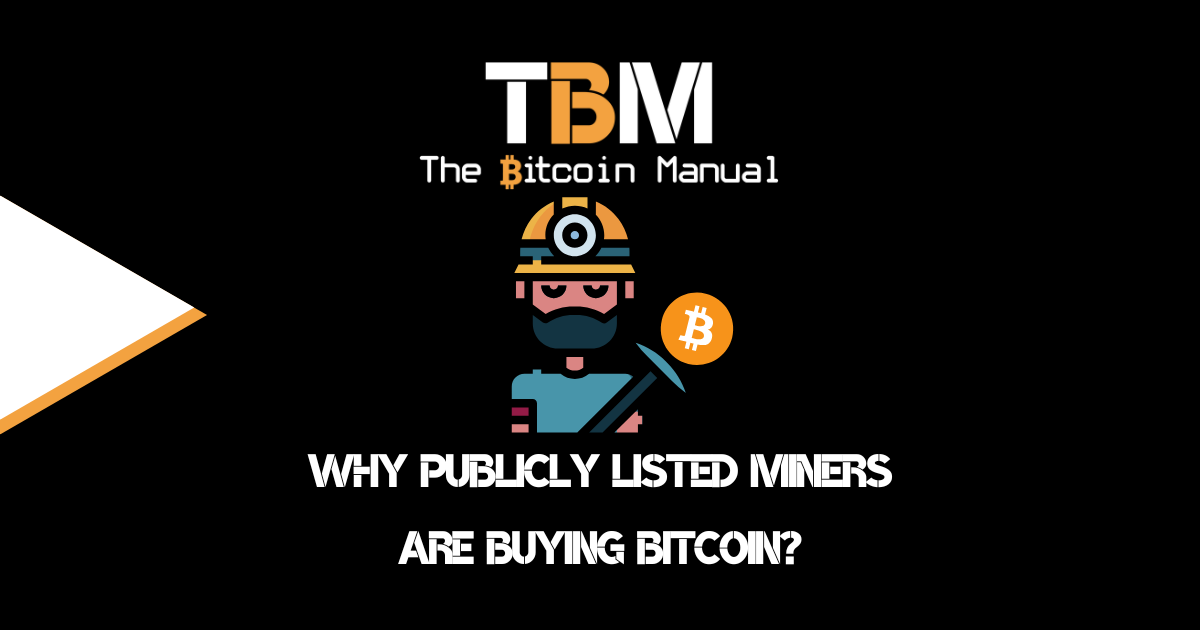You don’t have to be a financial analyst in South Africa to realise we’re short on funds, or rather the government is short on funds. As our debt becomes harder to refinance with constant downgrading, it becomes harder for governments to borrow money to turn to the cash cow at home. Apart from the usual currency debasement we see in Mzanzi, we’ve also been slapped with higher levies on petrol and increased VAT, which trickles down to everything we buy and consume.
South African’s with any sense, are jumping ship into precious metals and, of course, Bitcoin, but as is the case everywhere else, they’ve embraced shitcoins too.
Early adopters and early scammers
Plenty of early adopters in Bitcoin and cryptocurrency locally have seen their net worth increase. With real stories of wealth creation circling the local airwaves, we’ve also seen a spat of Bitcoin and cryptocurrency-related exit scams, namely MTI and Africrypt, which has been ALL over the media.
While these were blatant Ponzi schemes that referenced Bitcoin or crypto as the investment vehicle, it seems like a Ponzi non the less. This negative press locally hasn’t slowed down crypto adoption in South Africa.
Warren BTC, tryna regulate
Still, it has brought the local market into the spotlight and regulators as well as SARS (South African Revenue Service) is now looking to get in on the action.
SARS has been pretty quiet until recently, but as pressure on state coffers mount, we’ve seen them ramp up their efforts on the cryptocurrency front.
Previously Bitcoin was only liable for tax when converted into local currency, the Rand, which makes sense. If you want to enjoy the benefit of their mandated payment rails, you’ve got to pay the gas/mining fees to operate on this network.
Now they seem to be singing a different tune, that will affect how you conduct your dealings in cryptocurrency if you are based in South Africa.
So what could be on the cards?
Disposal of crypto
According to Business Tech, the disposal of crypto in South Africa is seen as a financial instrument and is a taxable event. Since short term gains from trading or DEFI are different to price appreciation from holding, it may be practical to use other wallets for trading cryptos and holding cryptos for long-term gains.
Note from me: Simple way to get around this, don’t sell your Bitcoin; borrow against it
Barter transactions
The trading of Bitcoin and other cryptocurrencies between each asset is now a taxable event. The gain when one crypto (A) is exchanged for another (B) is the difference between the market value of B and the acquisition cost of A.
As is the case with trading other financial assets like shares, schedules of rates and transactions should be compiled on the calculated gains or losses on the tax return, it said.
Note from me: Simple way to get around this, don’t trade shitcoins.
Staking, yield farming, mining and forking
If a taxpayer derived crypto from staking mining or forking, the gains would be subject to income tax since they are derived from conducting a trade.
Airdrops
If the taxpayer receives new crypto through airdrops on existing crypto held, this is akin to the distribution of new financial instruments based on existing financial instruments held. It is irrelevant that the value of the crypto airdropped was not converted to Rand. Income is subject to tax when received or accrued, and there is accrual when there is an unconditional entitlement to the crypto/income.
Note from me: Simple way to get around this, don’t get involved in shitcoins
HODLing is the most profitable tactic.
If you’re anything like me, and all you’re doing is buying and hodling, these changes won’t affect you. The way I see it is Bitcoin unfriendly regulations are a short term issue, and as it grows, it will become more unpopular and cause even more capital flight from your country.
Eventually, jurisdictional arbitrage will come into play, and for many South Africans, the best option is holding your Bitcoin and either waiting for a better deal from your country or moving to a place where you are treated better as a Bitcoiner.
You’re only holding past different price pain points, be it temptation to sell or political and regulator pressures of which there will be plenty who bend the knee. The Bitcoin network is unforgiving, and your place will never be reserved the moment you leave. I have faith that this is a superior way of saving, and I am looking to gain as much territory on the network as possible from the fiat I can acquire and labour I can sell.





2 Responses
So South Africa is now going the same way as the UK hey? HODL and borrow would be and is my approach as well. When they changed the regulations here a few years ago and I learned about it recently, it made the play a lot easier. You can always use tax calculators like Koinly or something else where you can import and sync different wallets up from your sh*tcoin trading but from my experience, that’s so much of a pain and paying income tax on a variety of tokens that fluctuate stupendously makes it a real nightmare.
It could reduce a lot of the crypto speculation but I think it will just drive it more to these DEX’s and non-kyc services, people will still want to gamble. Now I’m no fan of exchanges ratting out their customers and giving data and would love more non-kyc Bitcoin options like Bisq or Liquid but they are still pretty clunky.
I don’t see why anyone should know how much Bitcoin I have nor how much its worth, especially since all I do is HODL